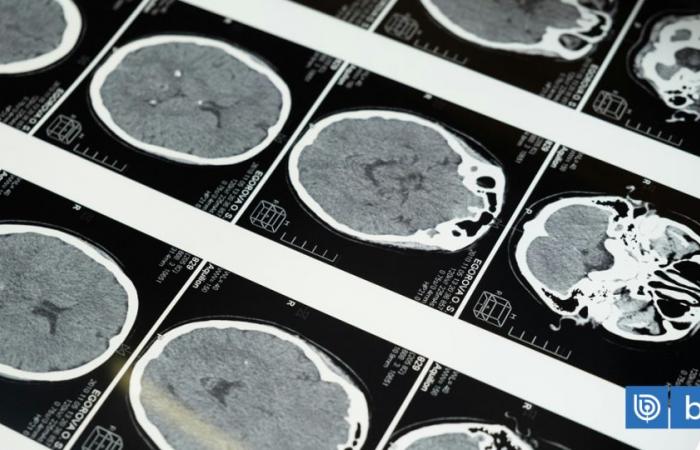Stanford Medicine researchers managed to identify six biological subtypes, or “biotypes,” of depression and anxiety, each with different patterns of brain activity, which respond differently to treatments.
This discovery was based on detailed analysis using functional magnetic resonance imaging (fMRI) and machine learning.
Accurate diagnosis and choice of treatment based on biological characteristics of the brain would represent a fundamental change from the traditional “trial and error” method.
In fact, between 30% and 40% of patients do not achieve remission with the first treatment, meaning that multiple medications or therapies have failed to improve their symptoms.
To delve deeper into the biology underlying depression and anxiety, Dr Leanne Williams, motivated by a personal loss due to depression in 2015, carried out the recent research, recently published in Nature Medicine.
“The goal of our work is to find out how we can get it right the first time”says Williams, referring to the trial and error method, where patients can spend months or years searching for an effective drug, if they find one.
In this sense, researchers argue that spending so much time trying treatments without finding relief can aggravate the symptoms of depression.
Brain patterns could predict the effectiveness of treatments
The study examined the brain activity of 801 participants diagnosed with disorders such as major depression and anxiety. The researchers scanned participants’ brains both at rest and while they performed cognitive and emotional tasks, focusing on six brain circuits known to be implicated in depression.
Using machine learning, the scientists grouped the results into six biotypes, based on differences in brain activity. They then randomly assigned 250 of these participants to receive one of three common antidepressants or talk therapy.
The results showed that certain biotypes or specific patterns of brain activity could predict the effectiveness of certain treatments. For example, those with hyperactivity in cognitive regions of the brain responded better to venlafaxine, an antidepressant known commercially as Effexor.
On the other hand, participants with high activity in regions related to problem solving and depression responded better to talk therapy.
“To our knowledge, this is the first time we can show that depression can be explained by different alterations in brain function,” says Williams. “At its core, it is a demonstration of a personalized medicine approach to mental health based on objective measures of brain function,” she added.
The search for more effective and personalized treatments is crucial, as depression is a multifaceted and often challenging illness. “To move towards true precision psychiatry, it is essential to identify the most appropriate treatments for each patient and apply them as soon as possible,” concludes Jun Ma, co-author of the study and public health scientist.


